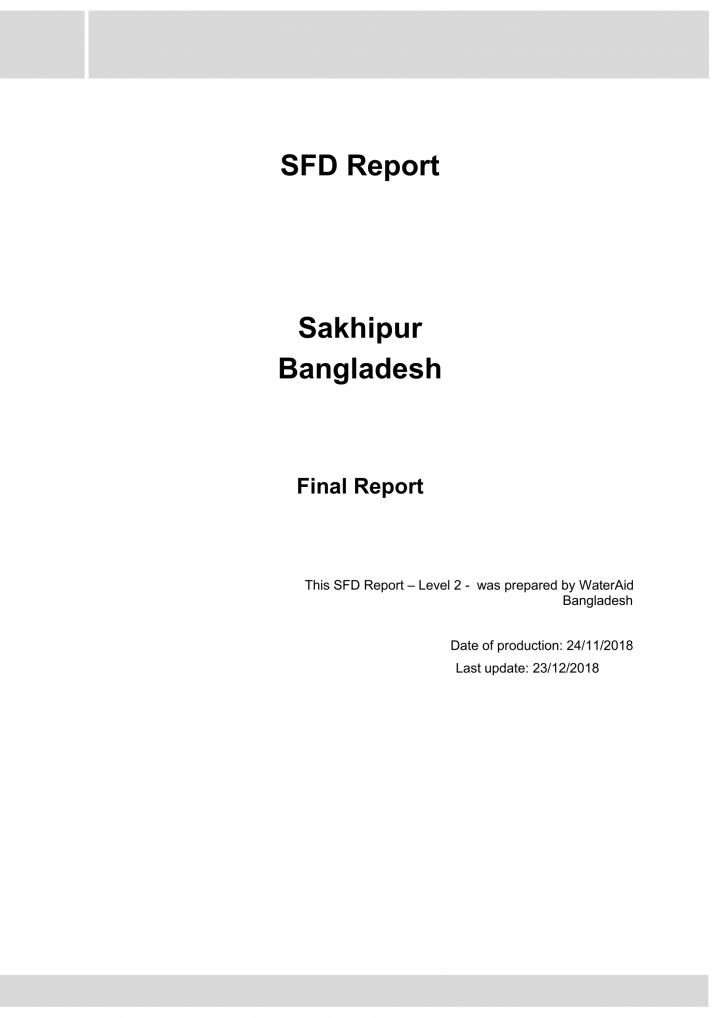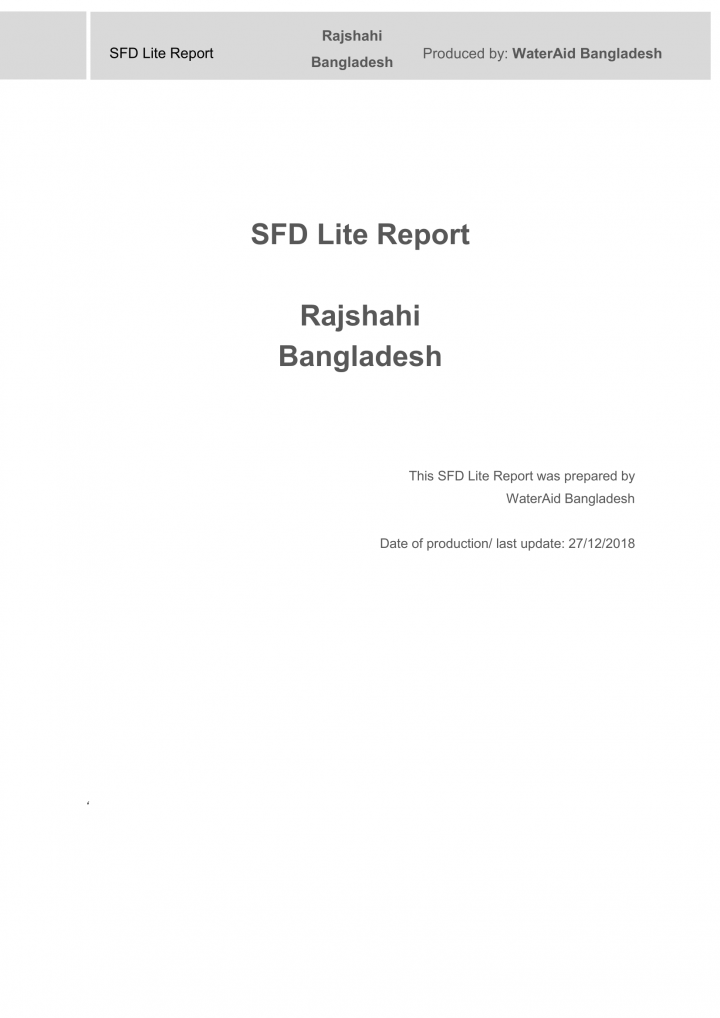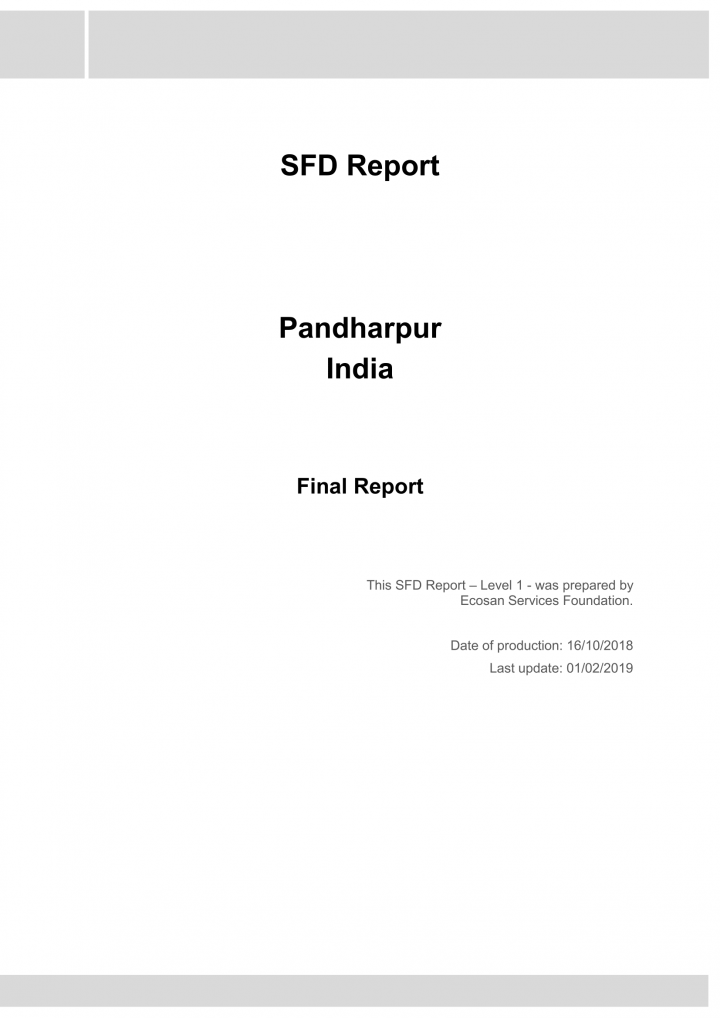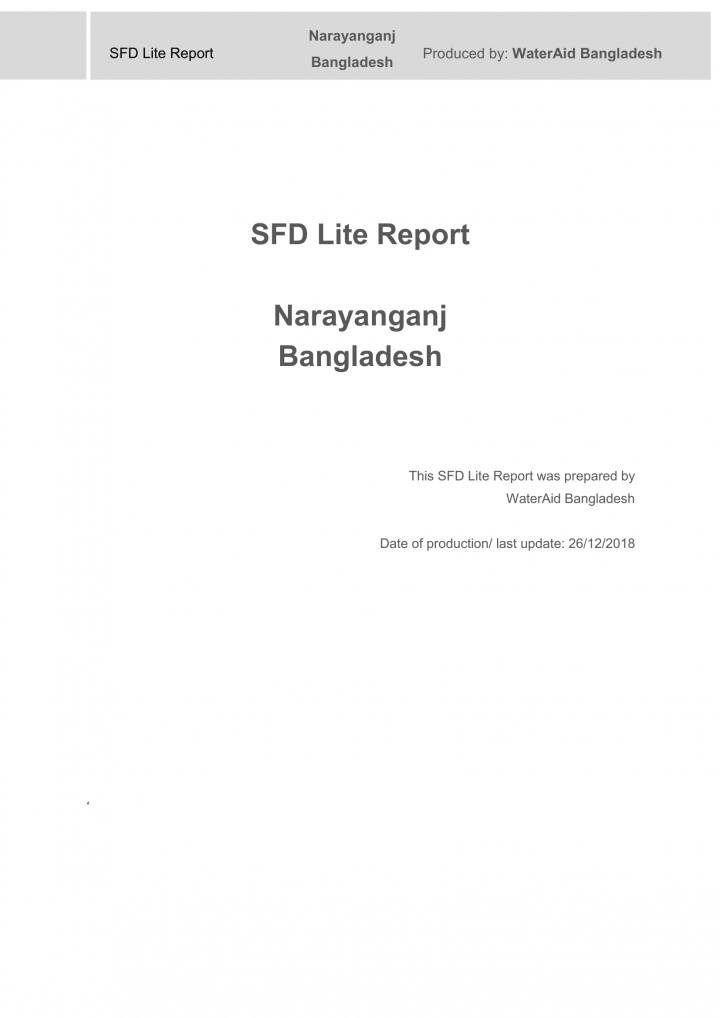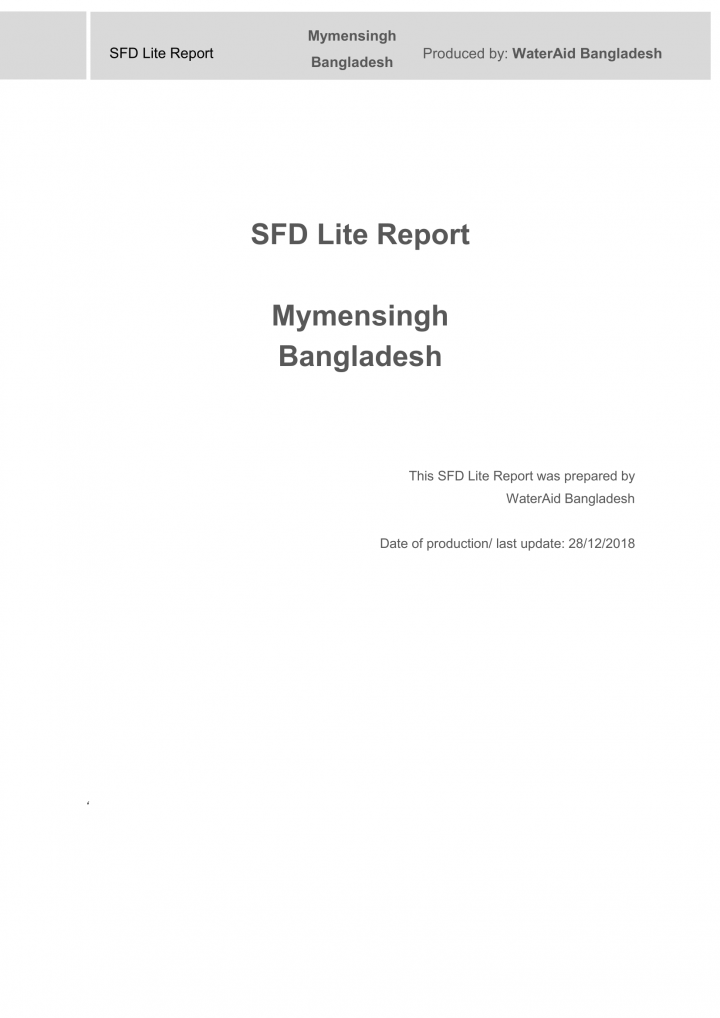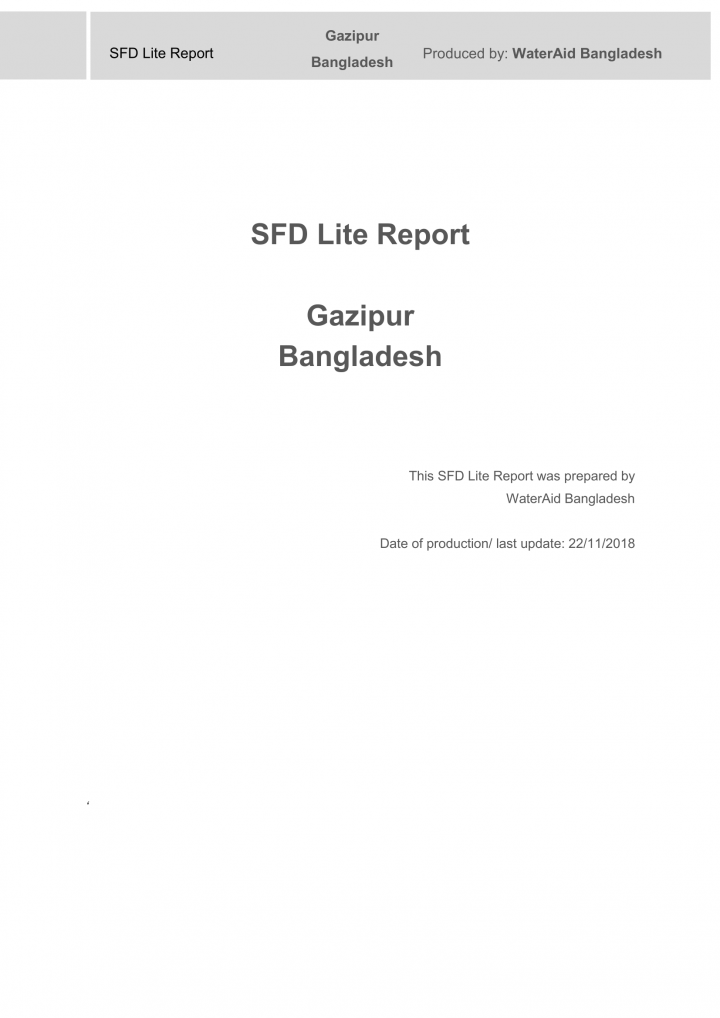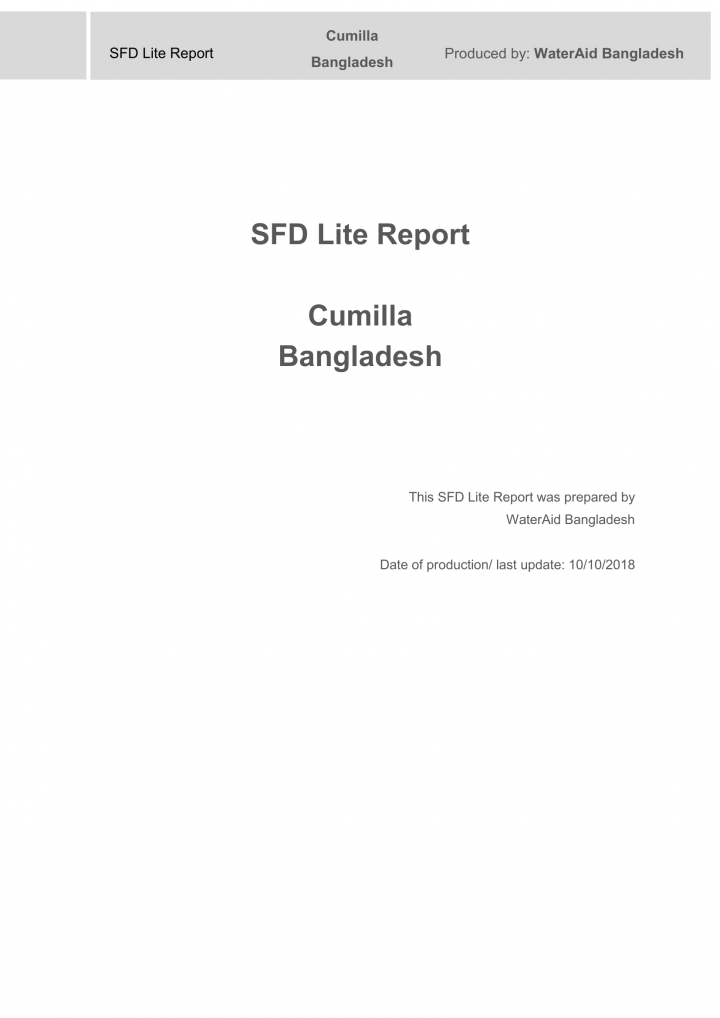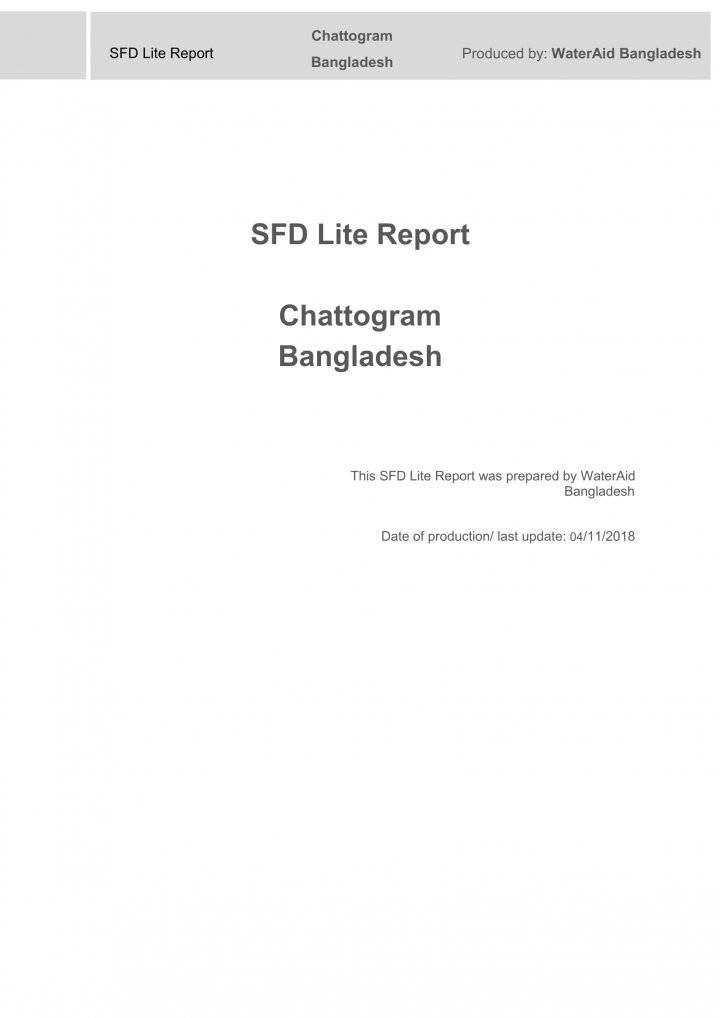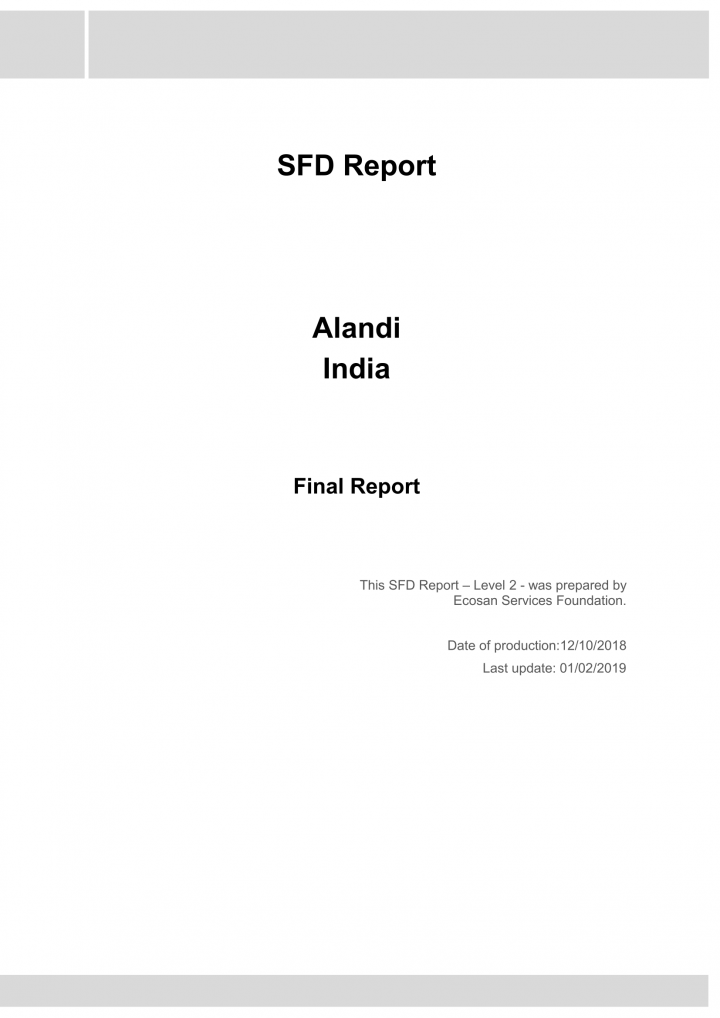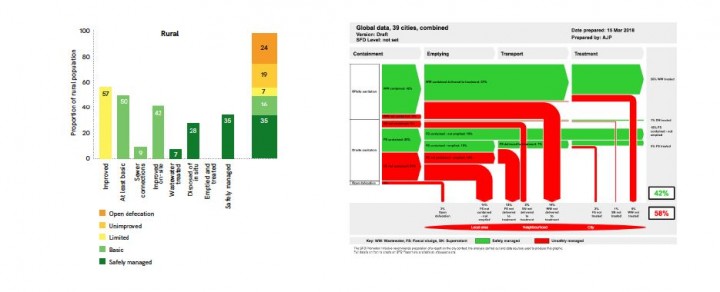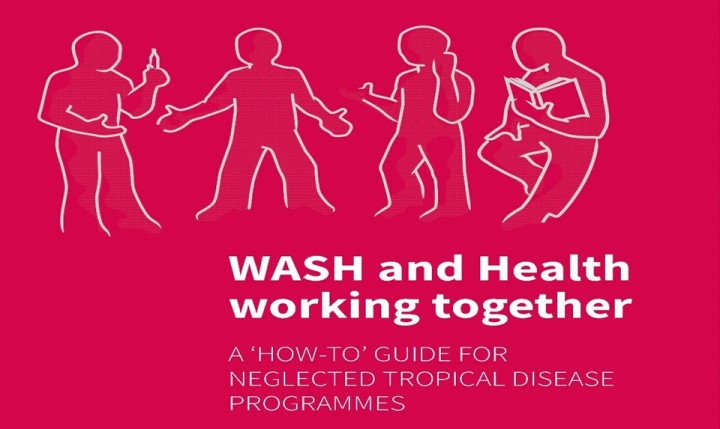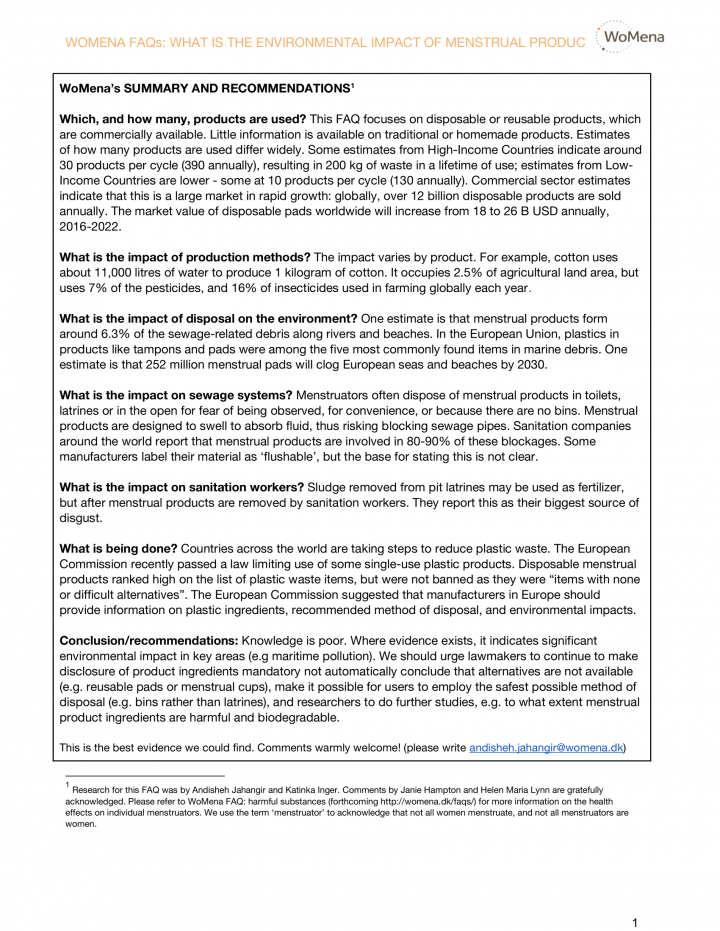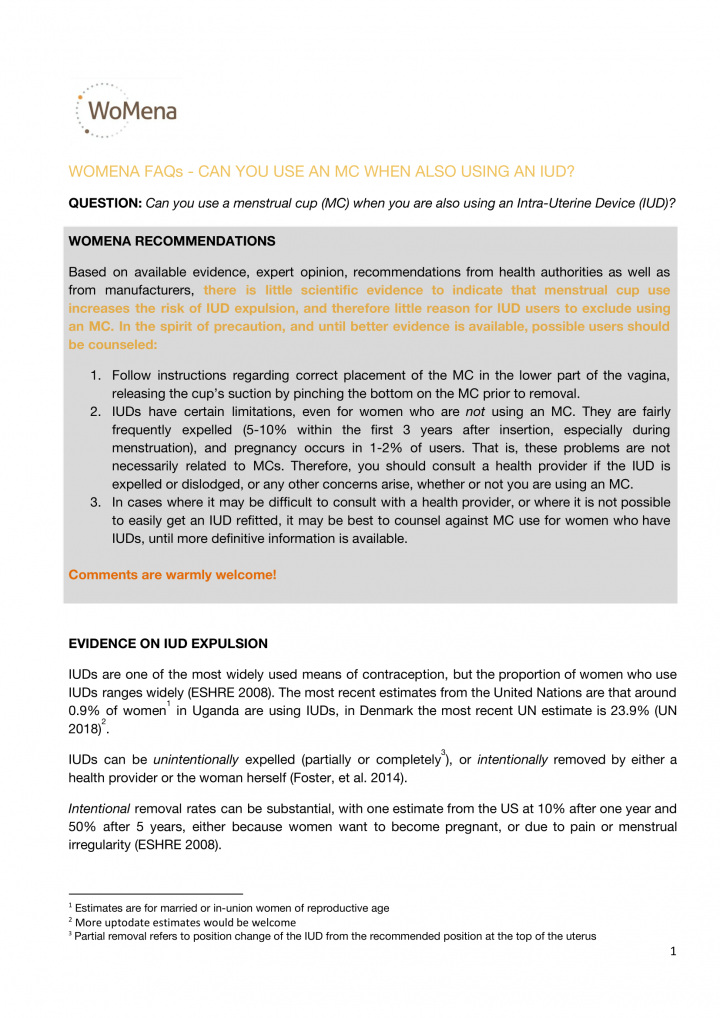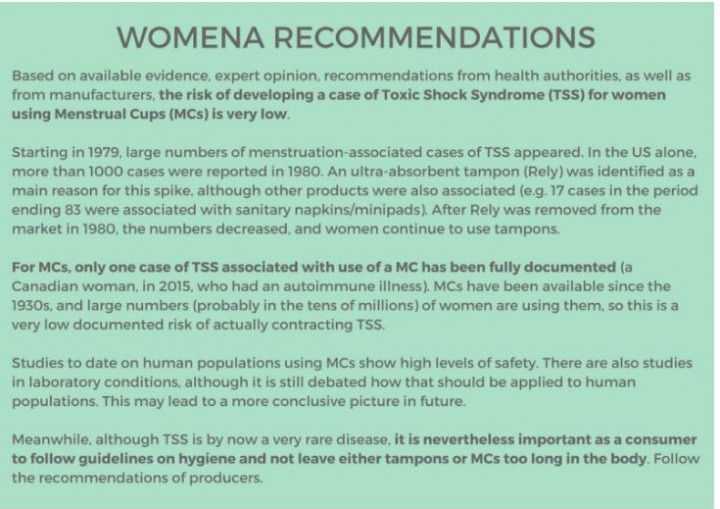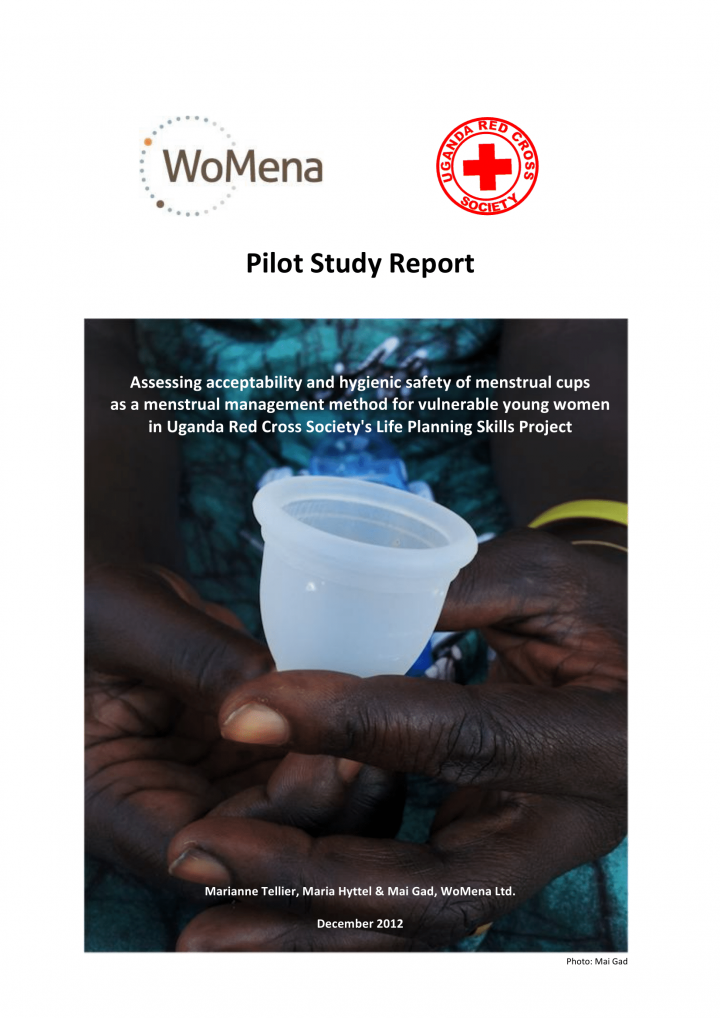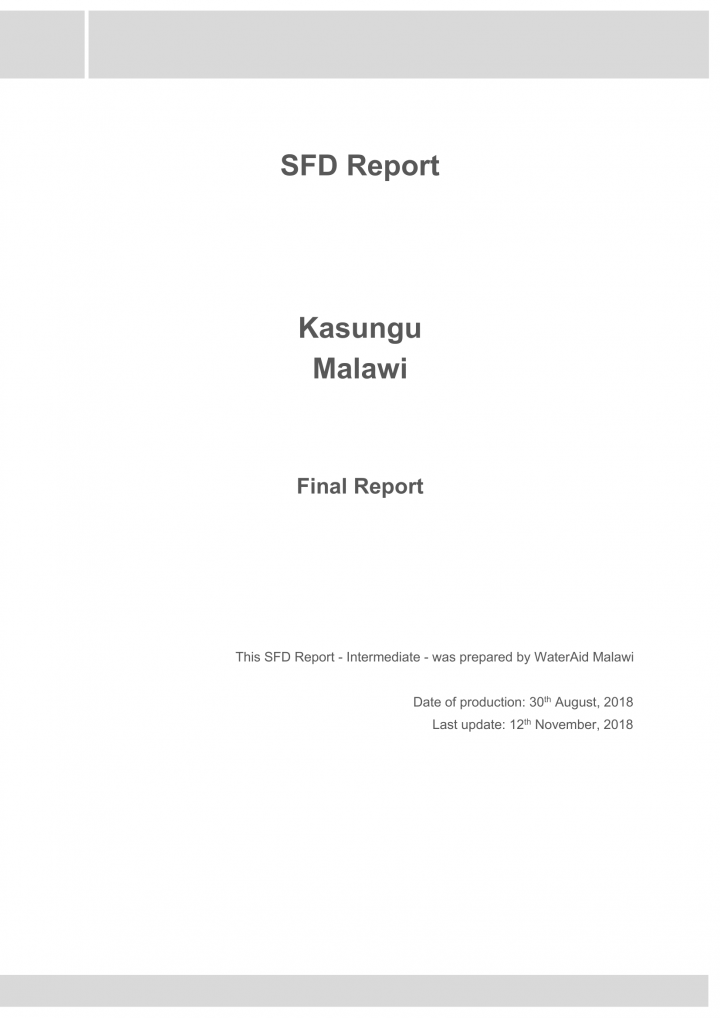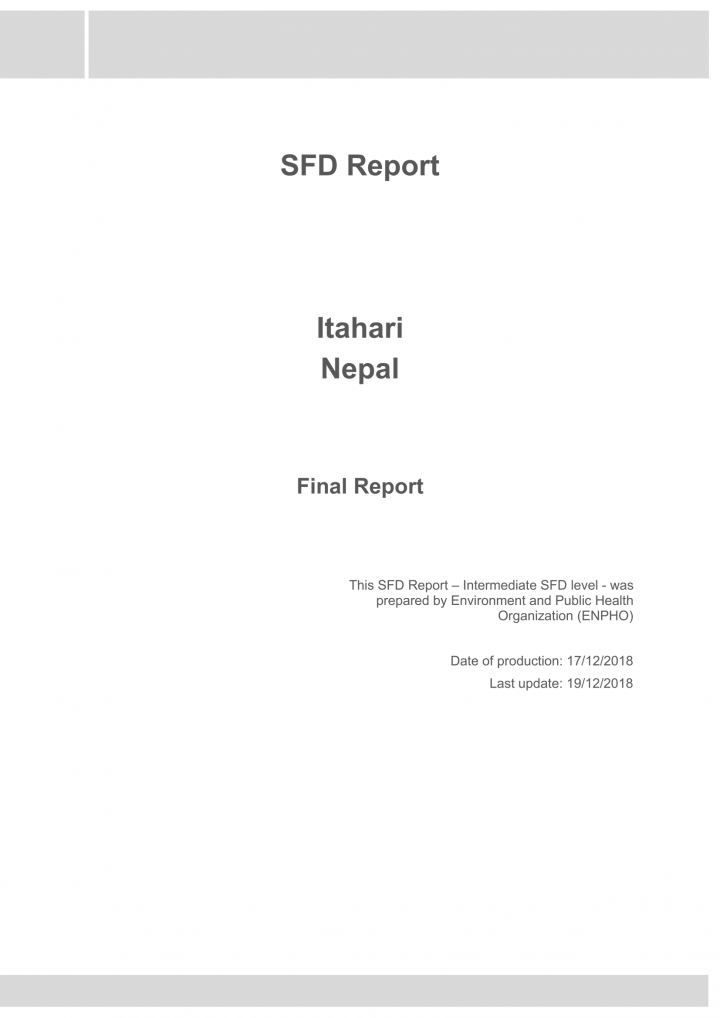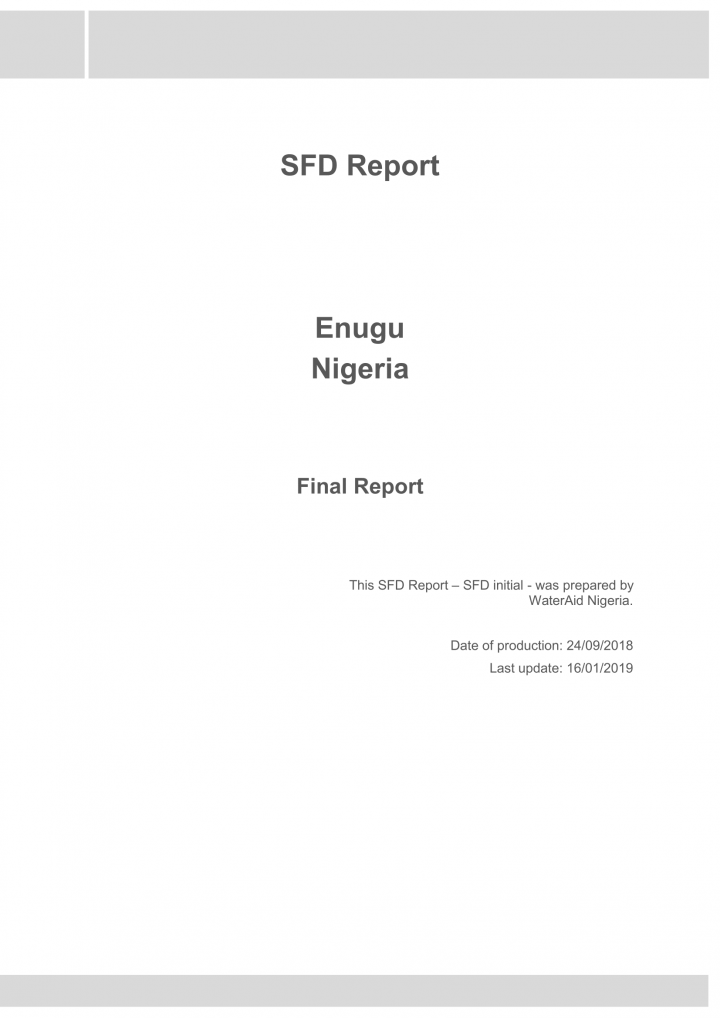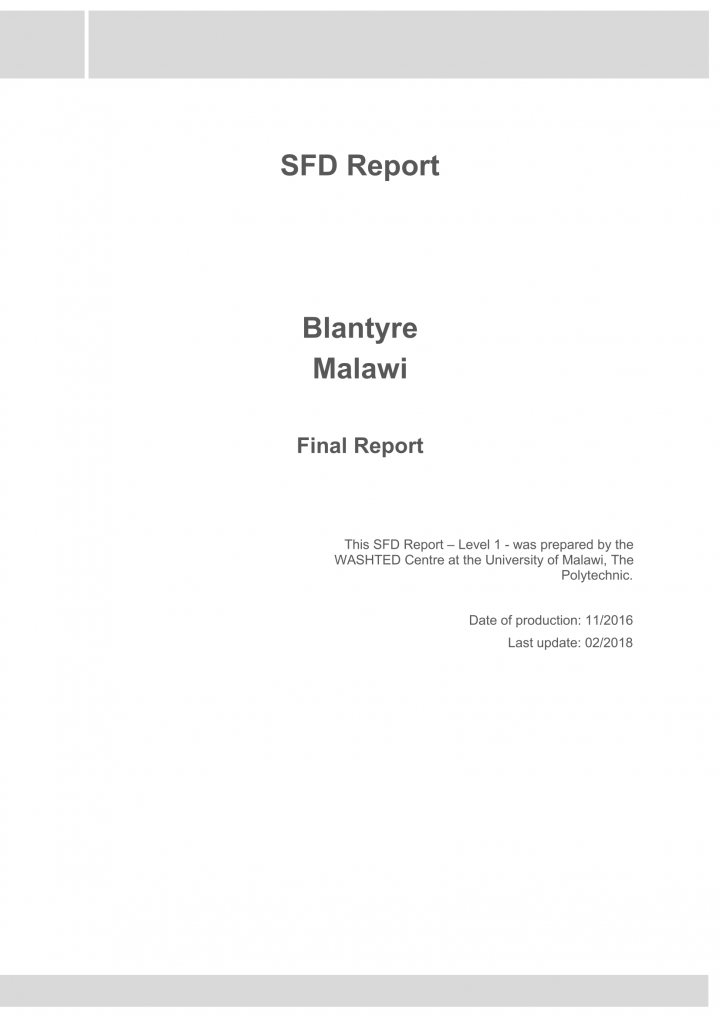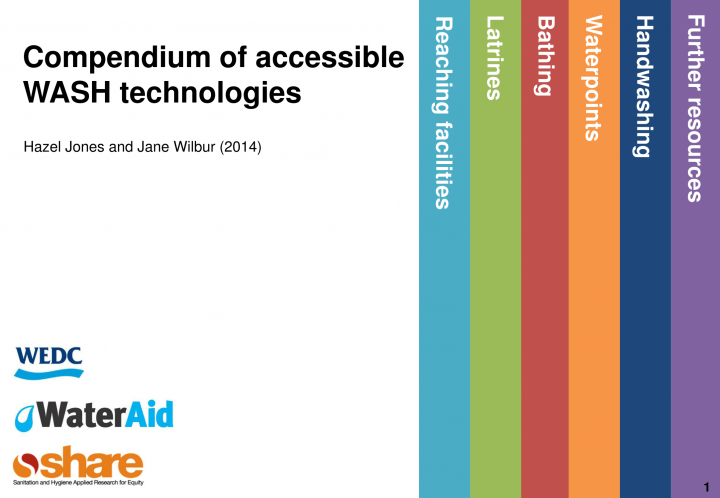Al-Muyeed, A., Nath, S. K., Basar, Md. S. (2018) SFD Report - Sakhipur, Bangladesh SFD Promotion Initiative
Sakhipur is a town of Sakhipur Upazila, tangail, Bangladesh. The city is recognised as a Municipality and consists of 9 wards. The number of households in Sakhipur Municipality is 7,473 and the total population of the Municipality is 30,028, with a density of 1,100 persons per sq.km. The literacy rate is 57.6% (BBS, 2011). This city faces the challenges of a poor and insufficient waste […]
WaterAid (2018) SFD Lite Report - Rajshahi, Bangladesh SFD Promotion Initiative
Rajshahi City Corporation (RCC) stands on the bank of the river Padma in Rajshahi districts. RCC was established in 1991. It comprises of 30 wards and total area is 96.72 sq. km. The total population of Rajshahi City Corporation is about 0.85 million with Population Density 4,318/Sq Km. In Rajshahi city, RWASA (Rajshahi Water Supply & Sewerage Authority) supplies water to meet the need […]
Panse, D., Kale, S. (2018) SFD Report - Pandharpur, India SFD Promotion Initiative
Pandharpur is a well-known pilgrimage town on the banks of Bhima River in Sholapur district, Maharashtra, India. The population of Pandharpur is 98,923 and the floating population is around 10,000 to 40,000. 39% of Pandharpur is dependent on offsite sanitation. Population connected to sewer line is 33% and user interface discharging directly to open drain or ground is 6%. 53% of Pandharpur is dependent on onsite sanitation […]
WaterAid (2018) SFD Lite Report - Narayanganj, Bangladesh SFD Promotion Initiative
Narayanganj City Corporation (NCC) is situated in the south of Dhaka city within the district of Narayanganj, part of Dhaka division. Narayanganj City Corporation (NCC) is the country’s 7th largest city corporation, established on 21st March 2011. Comprised of 27 wards, the city is approximately 72.43 sq. km with a population of 709,381. The SFD assessment has shown that 94% of the excreta generated are “unsafely […]
WaterAid (2018) SFD Lite Report - Mymensingh, Bangladesh SFD Promotion Initiative
Mymensingh is one of the districts of Mymensingh division. Mymensingh is governed by Mymensingh City Corporation which comprises of 21 wards. According to data from 2017 the total population of Mymensingh City Corporation is about 478,889, the population density is 1,163/Sq Km and the annual growth rate is 1.28%. The SFD assessment has shown that 100% of the excreta generated in the city are “unsafely managed”. […]
WaterAid (2018) SFD Report - Gazipur, Bangladesh SFD Promotion Initiative
Gazipur is one of the districts of Dhaka division and Gazipur City Corporation comprises of 57 wards and its total area is 329.53 sq. km. The total population of Gazipur City Corporation is about 2.5 million with a population density of 1,884/sq km. The majority of the population use septic tanks (98%), and around 2% use toilet with pits. There is no open defecation found in […]
WaterAid (2018) SFD Lite Report - Cumilla, Bangladesh SFD Promotion Initiative
Cumilla city corporation stands on the bank of the river Gumti in Cumilla district. Cumilla City Corporation (CoCC) consists of 27 wards with current population 0.5 million and an area of 53.04 sq.km. Most of the population uses septic tanks (70%), and around 30% population uses toilet with pits. Of the 70% population in the City Corporation (CC) that is connected to septic tanks, around […]
WaterAid (2018) SFD Lite Report - Chattogram, Bangladesh SFD Promotion Initiative
Chattogram City Corporation is the Commercial Capital and second largest city in Bangladesh. Chattogram City Corporation is the Commercial Capital and second largest city in Bangladesh. The city corporation is divided into 41 wards. On July 31, 1990, it was named as Chittagong City Corporation. Later, in 2018, Chittagong was renamed as Chattogram. The city corporation has a total population of 2,582,401 and the total […]
Panse, D., Kale, S., Karve, M. (2018) SFD Report - Alandi, India SFD Promotion Initiative
Alandi is a pilgrimage town and has a municipal council in Pune district. The population of town as per Census 2011 is 28,645 persons. The density of city is 4,188 persons per sq.km. which is very high as compared to the state average of 365 persons per sq.km. Slum population is 1,950 persons which constitutes 6.8% of the total population. According to census, Alandi is […]
Andy Peal (2018) A comparison of methods for excreta flow analysis: WHO/UNICEF JMP and SFD PI
Wherefrom do we get data on the sanitation status in cities and countries and what qualities do these data need to have to be relevant either for JMP reporting or to be used in developing an SFD for a given city? Against this background, the comparison of methods for excreta flow analysis gives an overview on the focus, purpose, methodologies, outputs and definitions of two […]
WHO, NNN (2019) WHO Toolkit for WASH & Neglected Tropical Diseases - Webinar recordings and presentation
Recordings and presentation for the webinar jointly hosted by SuSanA, WHO and NNN on the new ‘How to’ guide for NTD programmes: “WASH and Health working together: a practical guide for NTD programmes." Presentation held by Sophie Boisson (WHO), Leah Wohlgemuth (NNN) and Yael Velleman (Schistosomiasis Control Initiative)
WoMena (2019) WoMena FAQ: What is the environmental impact of menstrual products?
WoMena’s SUMMARY AND RECOMMENDATIONS Which, and how many, products are used? This FAQ focuses on disposable or reusable products, which are commercially available. Little information is available on traditional or homemade products. Estimates of how many products are used differ widely. Some estimates from High-Income Countries indicate around 30 products per cycle (390 annually), resulting in 200 kg of waste in a lifetime of use; estimates […]
WoMena (2018) WoMena FAQs: Can you use a Menstrual Cup when also using an IUD?
WOMENA RECOMMENDATIONS Based on available evidence, expert opinion, recommendations from health authorities as well as from manufacturers, there is little scientific evidence to indicate that menstrual cup use increases the risk of IUD expulsion, and therefore little reason for IUD users to exclude using an MC. In the spirit of precaution, and until better evidence is available, possible users should be counseled: 1. Follow instructions regarding correct […]
WoMena (2018) WoMena FAQs: Does the use of menstrual cups increase the risk of toxic shock syndrome?
WOMENA RECOMMENDATIONS The risk of developing Toxic Shock Syndrome (TSS) for women using Menstrual Cups (MCs) is very low. In 1979-80, large numbers of menstruation-associated cases of TSS appeared. In the US alone, more than 1000 cases were reported in 1980. An ultra-absorbent tampon (Rely) was identified as a main reason for this spike, but many other products were also associated, for example 17 cases were associated with […]
Tellier, M., Hyttel, M., Gad, M. (2012) Pilot Study Report: Assessing acceptability and hygienic safety of menstrual cups as a menstrual management method for vulnerable young women in Uganda Red Cross Society's Life Planning Skills Project
Study objectives: The objectives of this study were to assess young girls and women’s acceptability, suitability and hygienic safety of using menstrual cups in Uganda, when introducing cups through the Uganda Red Cross Society (URCS) Life Planning Skills (LPS) project framework. In the long-‐term, this is intended to support the formulation and implementation of policies and programs aimed at introducing acceptable, suitable and safe methods […]
WaterAid (2018) SFD Report - Kasungu, Malawi SFD Promotion Initiative
Kasungu municipality is approximately 130 kilometres north-west of the capital of Malawi, Lilongwe. It has a total population of 77,619. The population swells up during the day, except on Sundays when most shops are closed. The municipality has a high population density of 2,188 people per square kilometre. The majority of the residential areas are informal settlements, which occupy 64 percent of the land. According […]
Shrestha, J., Shrestha, R. (2018) SFD Report - Itahari, Nepal SFD Promotion Initiative
Itahari Sub-Metropolitan is the largest city in Sunsari District located in the Province No.1 of south-eastern Nepal. The total population was 1,40,517 living in 33,794 households extended in the area of 93.78 square kilometres and the population growth rate is 6.23. The sub-metropolitan does not have municipal sewer network, thus every household rely on onsite sanitation system. No open defecation is practised, but only 9 […]
Akwunwa, N., Ogunlade, A. (2018) SFD Report - Enugu, Nigeria SFD Promotion Initiative
Enugu City is a major commercial and industrial hub in southeastern Nigeria with an estimated population of just over a million people, although this figure increases during the daytime as many residents of the state come to the city to work and trade. A study estimated that 70 percent of Enugu city’s population live in areas of higher density and lower income in tenement-type housing. […]
Collet, S., Yesaya, M., Tilley, E. (2016) SFD Report - Blantyre, Malawi SFD Promotion Initiative
The city of Blantyre is the commercial and financial centre of Malawi and is located around 300 kilometres south-east of the capital, Lilongwe. Blantyre is situated at an altitude of approximately 1,050 meters above the sea level with a population of 1,068,681. Over 65 percent of the city’s population live in unplanned, informal settlements that are expanding quickly. The Blantyre City Council is responsible for […]
Jones, H., Wilbur, J. (2014) Compendium of accessible WASH technologies
This compendium is designed for use by staff working directly with communities - e.g. health workers and community volunteers working with disabled and older people and their families in rural areas of sub-Saharan Africa. A few examples of technologies are presented that families can adapt to suit their needs and budgets. Many more options are possible. Most of the ideas are suitable for disabled and […]
